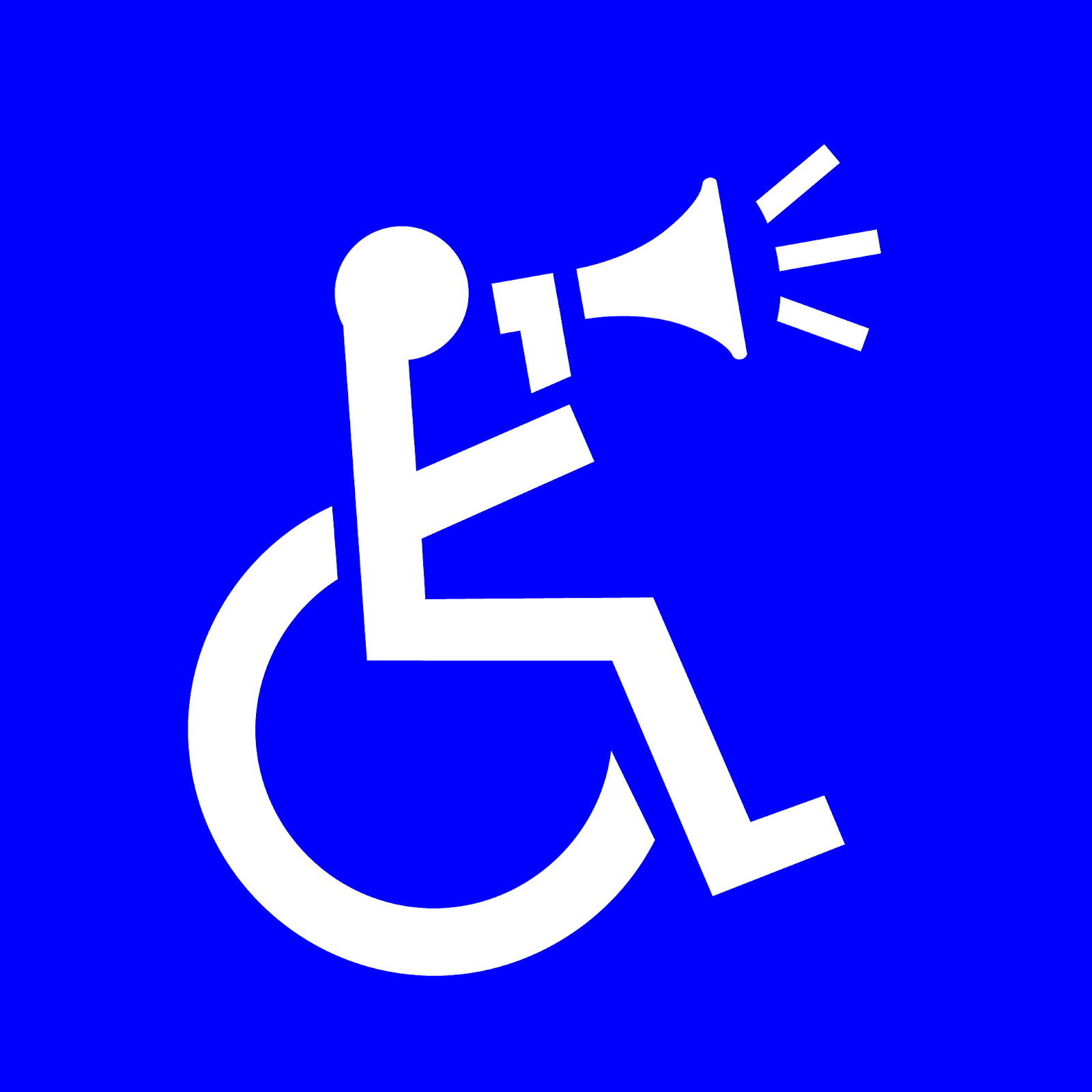How do we define disability? It’s complicated. For now, we’ll keep it short: A disability is a physical or mental condition that significantly limits how the person who has the disability interacts with their environment (yes, that is the short version).
Disability is a diversity category in itself. Mobility impairments (e.g., muscular dystrophy), sensory impairments (e.g., blindness), neurodiversity (e.g., autism), chronic illness (e.g., diabetes), and mental illness (e.g., bipolar disorder) can all fall into the category of disability. In addition:
- Some disabilities are obvious, but some are invisible.
- Some disabilities start at birth, and some are acquired.
- Some disabilities are stable, some change day-to-day, and some change over the course of years.
- Two people could have the same diagnosis but different symptoms.
- One person could have more than one disability.
There are as many ways to be disabled as there are to be individual.
Here are other ways to define disability:
- WHO: The International Classification of Functioning, Disability and Health (ICF) defines disability as an umbrella term for impairments, activity limitations and participation restrictions. Disability is the interaction between individuals with a health condition (e.g. cerebral palsy, Down syndrome and depression) and personal and environmental factors (e.g. negative attitudes, inaccessible transportation and public buildings, and limited social supports).
- US ADA: The term "disability" means, with respect to an individual (A) a physical or mental impairment that substantially limits one or more major life activities of such individual; (B) a record of such an impairment; or (C) being regarded as having such an impairment.
- US CDC: A disability is any condition of the body or mind (impairment) that makes it more difficult for the person with the condition to do certain activities (activity limitation) and interact with the world around them (participation restrictions).
- Oxford American Dictionary: a physical or mental condition that limits a person's movements, senses, or activities.
